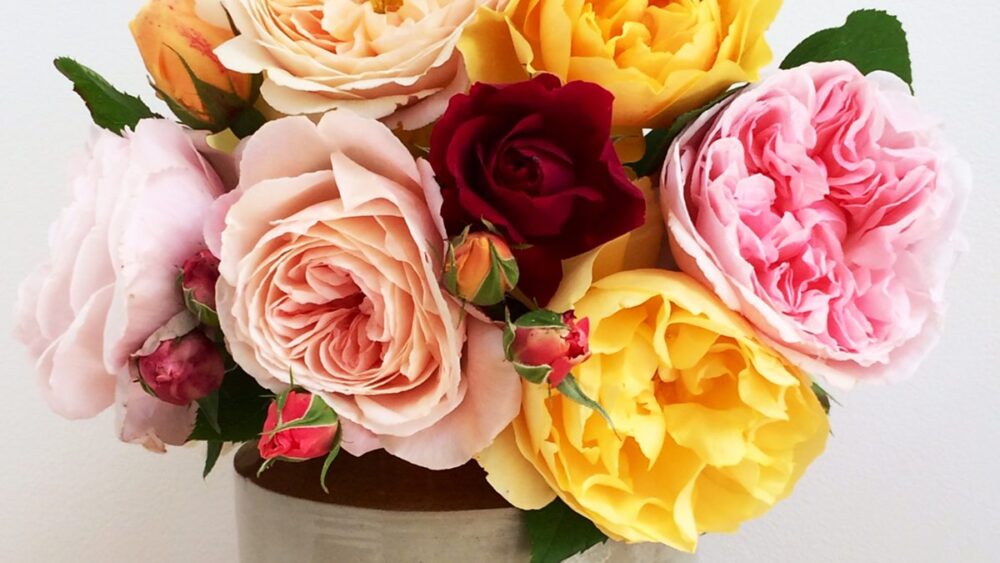Understanding the Language of Flowers – Tips and Tricks
Are there times when you wonder whether you should send flowers? Or what flowers you should send? Specific flowers, after all, relate to specific meanings.
So, should you send yellow roses to a funeral? Or black roses to apologise? The answer to both of those is ‘no’.
You know that you can get same day flower delivery Melbourne residents use when they need a solution urgently, so you can send them whenever you need, but what message will you be sending? Are you interested in knowing more? Read on to find out.
When to Send Flowers
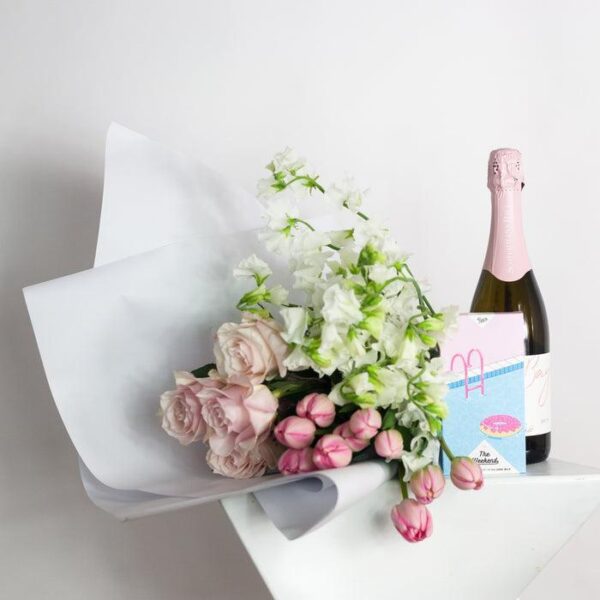
What do flowers convey to the person you send them to? There is a certain level of non-verbal communication that flowers have in general. Let’s look at some of those messages.
Apology
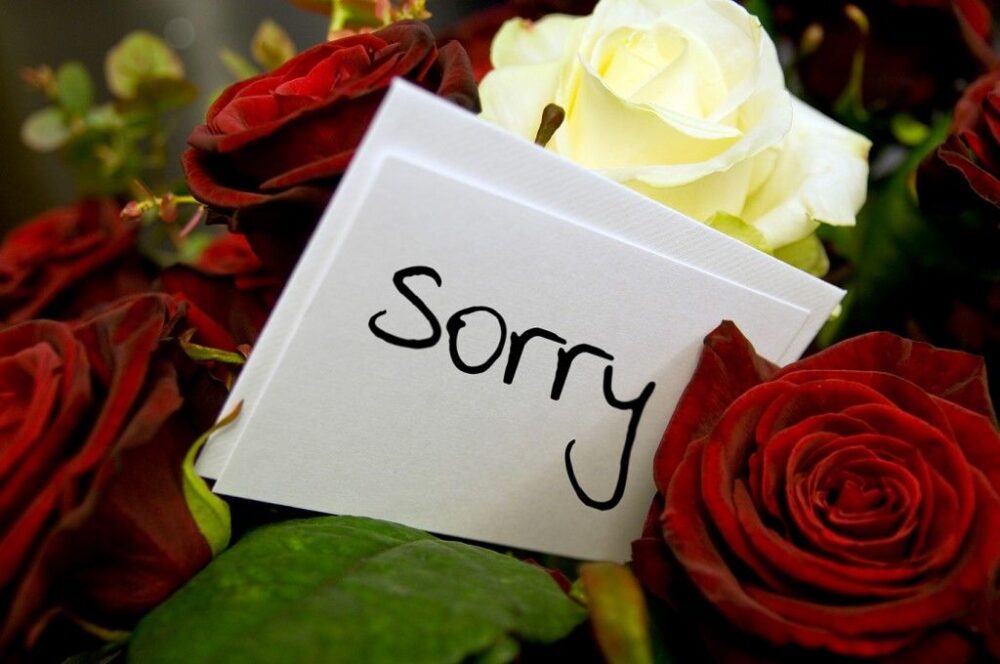
Source: pinterest.es
The first and arguably most important message is one of apology. Have you offended your wife or partner? It’s an almost universal trait in the Western world to send flowers to make up for your misdemeanour or mistakes.
Sending flowers signifies the desire for closer contact and restored relationships. It signifies that you’re sorry for hurting the other person, and that you’re willing to take action to heal the rift.
This gesture demonstrates humility, which is a vital ingredient in strong people and strong relationships.
Commiseration
When someone goes to hospital, or when a person dies, it’s customary to send a bunch of flowers to express commiseration.
You can express sympathy to the patients trapped in the hospital ward—sending flowers is something that demonstrates they’re in their thoughts.
It also brightens up a dull and dreary ward and brings a little bit of nature into their lives. Doing this is very helpful for healing.
You could also express that you’re thoughtful and care for the people who have suffered a bereavement. Whether you send a bunch of picked flowers, or you send something more long-lasting, like an orchid, it shows that you care. It also proves that your memory of them is more lasting than the funeral.
Starting a Relationship

Source: bouqs.com
When you wish to win over someone’s heart, you tend to send them flowers. It’s a gentle, tender way of showing how you feel without being pushy or aggressive. The recipient will accept the flowers at least as a token of a good friendship or healthy humility.
Special Holidays
There is nothing quite like flowers for a special occasion. Whether it be Mother’s Day or Valentine’s Day, flowers express love, care and devotion. You can bring a smile to someone’s face by simply sending some flowers.
For Reasons That Simply Express Care and Support
Sometimes you may wish to send someone flowers because they’re feeling down or going through a hard time. Imagine being able to give someone a bunch of joy. That’s what giving flowers does. Even if people are depressed, they can still appreciate flowers.
As a random act of kindness, it boosts morale and mood, because it helps people to know they’re valued. It can even show that you recognise their hard work and effort.
In fact, it can be a beautiful gift when it’s perfectly random—just because it’s Friday or the first day of spring. It can be anything—the correct flowers express only positive messages.
Now, let’s examine the language of flowers, and what the different colours and species express.
The Language of Flowers
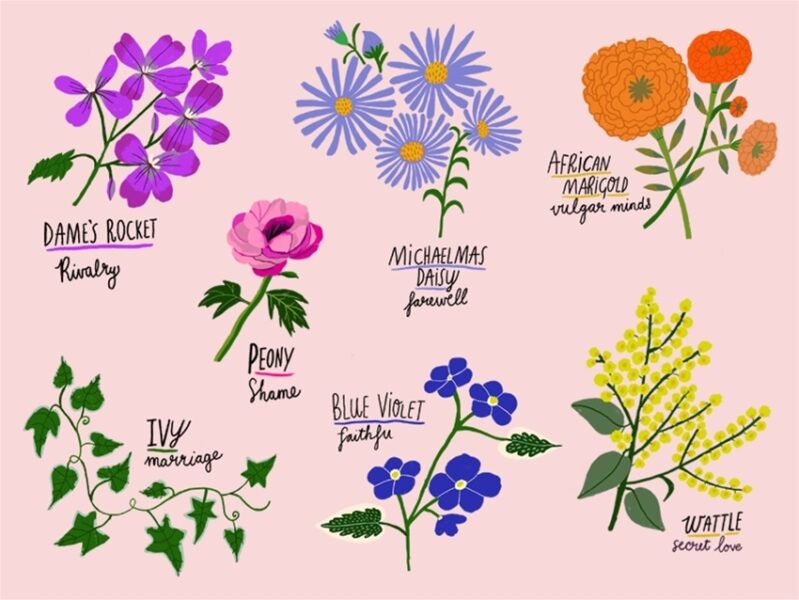
Source: frankie.com.au
Different colours and species of flowers have traditionally had different meanings. Whilst out of fashion nowadays, you can still add an X-factor to your gift by paying attention to this subconscious messaging method.
What follows is a list of some of the flowers with explanation of their meanings. Please note, there are whole dictionaries devoted to the subject, so if anything isn’t listed here, you can consult these resources.
Carnation
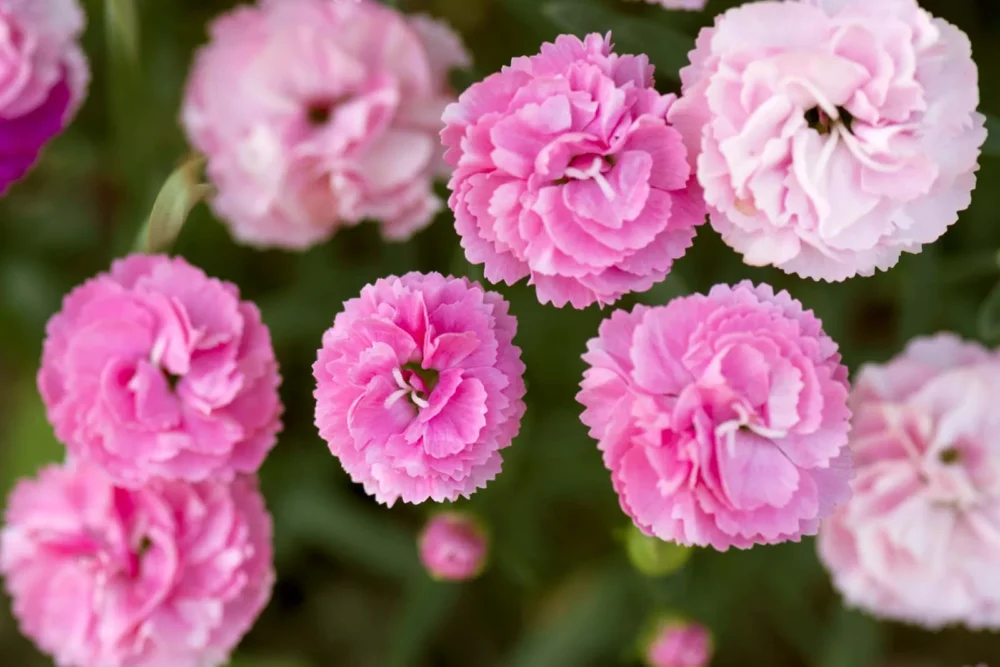
Source: britannica.com
Various carnations have a variety of meanings.
- A purple carnation is not something you wish to include in a bouquet. It symbols capriciousness, a negative trait. Many dictionaries say that it simply represents impulsiveness, but it might be taken the wrong way, so rather avoid it.
- Yellow carnations also send a negative message. They mean rejection or disappointment. In years gone by, suitors used to send both red and yellow carnations to the one they admired. If the girl wore a yellow carnation, she was rejecting his suit. However, you can give them to someone who is disappointed at the death of someone they loved.
- Red carnations represent love and affection—any relationship will do well with these.
- White carnations mean purity and good luck, so you could send these as good wishes for exams, for example.
- Pink carnations represent gratitude—an ideal gift for Mother’s Day.
Camellia

Source: wikipedia.org
In general, they represent admiration, good luck, gift to man, and perfection. Some details:
- Pink Camellias mean: Longing for you
- Red Camellias: You’re a flame in my heart
- White Camellias: You’re adorable
Last Tip
It wouldn’t be fitting to end without talking about mourning. You could choose dark crimson roses or cyclamen for funerals.
These are just some of the examples of what flowers can symbolise for others. It may be a perfect cryptic message for someone, but even if you have to explain the message, they’ll still appreciate the gesture.

